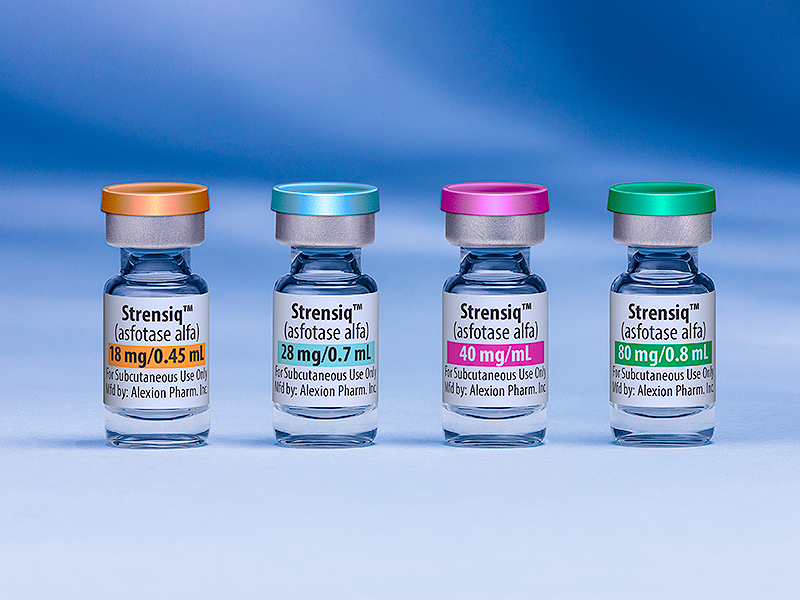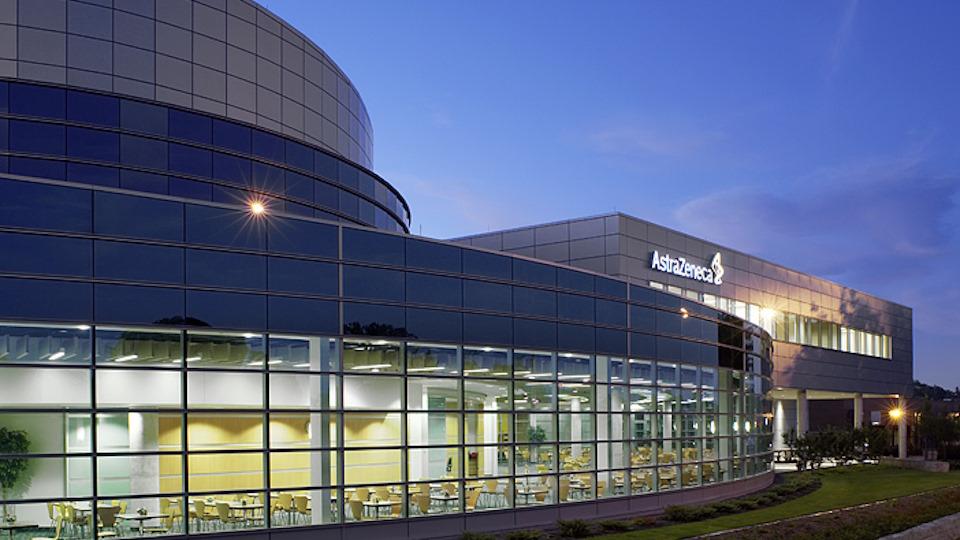Alexion lambasts NICE over rare disease ruling

Alexion has lashed out at NICE after the cost-effectiveness watchdog decided to limit the use of Strensiq, an ultra-rare disease treatment.
Strensiq (asfotase alpha) is for the rare disease paediatric-onset hypophosphatasia, with just seven people a year diagnosed with the condition in England every year.
The most severe forms of the condition tends to occur before birth and in early infancy, with up to 100% of infants with early symptoms dying within the first year of life, mainly because of respiratory failure.
However the condition can also develop later in childhood, but NICE has decided to restrict use of the high cost drug to only perinatal- and infantile-onset patients.
It has taken NICE 14 months to reach this decision, after having initially rejected the drug outright in December 2015.
The drug costs £366,000 ($457,000) per year per patient, and NICE says this high cost, combined with uncertainties about its long term benefits were the reasons for its decision.
It said there were also uncertainties about which juvenile-onset patients could benefit from the drug - but Alexion has hit out at NICE’s methods.
Alexion says NICE ignored efforts by clinicians, patient groups and itself to develop a solution to the problem of identifying which older children would benefit, via a proposed consensus managed access agreement (MAA).
It also attacked the time taken to reach this negative conclusion.
The company issued a statement said it was “extremely disappointed” with the Final Evaluation Determination (FED), adding it was concerned that NICE had “fundamentally failed to fairly and appropriately evaluate the benefits of Strensiq for patients with paediatric-onset hypophosphatasia (HPP).”
It says restricting access will deny the very small number of children, juveniles and adults who are unnecessarily suffering serious life-limiting complications of HPP.
The company said: “In making their decision, NICE completely disregarded the proposed consensus managed access agreement (MAA) for children, juveniles and adults with paediatric-onset disease, which was developed by physician thought-leaders, patient groups and NHS England, with input from Alexion Medical, and that identified those patients who experience the most disabling symptoms and are expected to derive most benefit from therapy."
Alexion has accused NICE of “unfairly and inappropriately” refusing to facilitate discussions between it and NHS England about using the MAA to identify more eligible patients.
It concluded: “The NICE decision on Strensiq directly calls into question the effectiveness of the entire highly specialised technology (HST) assessment process and the value of stakeholder input provided. The process for review of Strensiq has not been timely – taking over a year to reach this point – or conducive to constructive discussion, negotiation or resolution on behalf of the very small number of patients with HPP that require access to Strensiq.”
Alexion says its priority is to ensure the very small number of patients with severely debilitating HPP in England have access to Strensiq, as patients with the condition do in the US, Germany and Japan.
The company says it is considering “all potential procedural and other options available”.
NHS England’s budget for specialised services is around £14.6 billion (2015/16) of which £2.6 billion of this was set aside for high-cost drugs.











